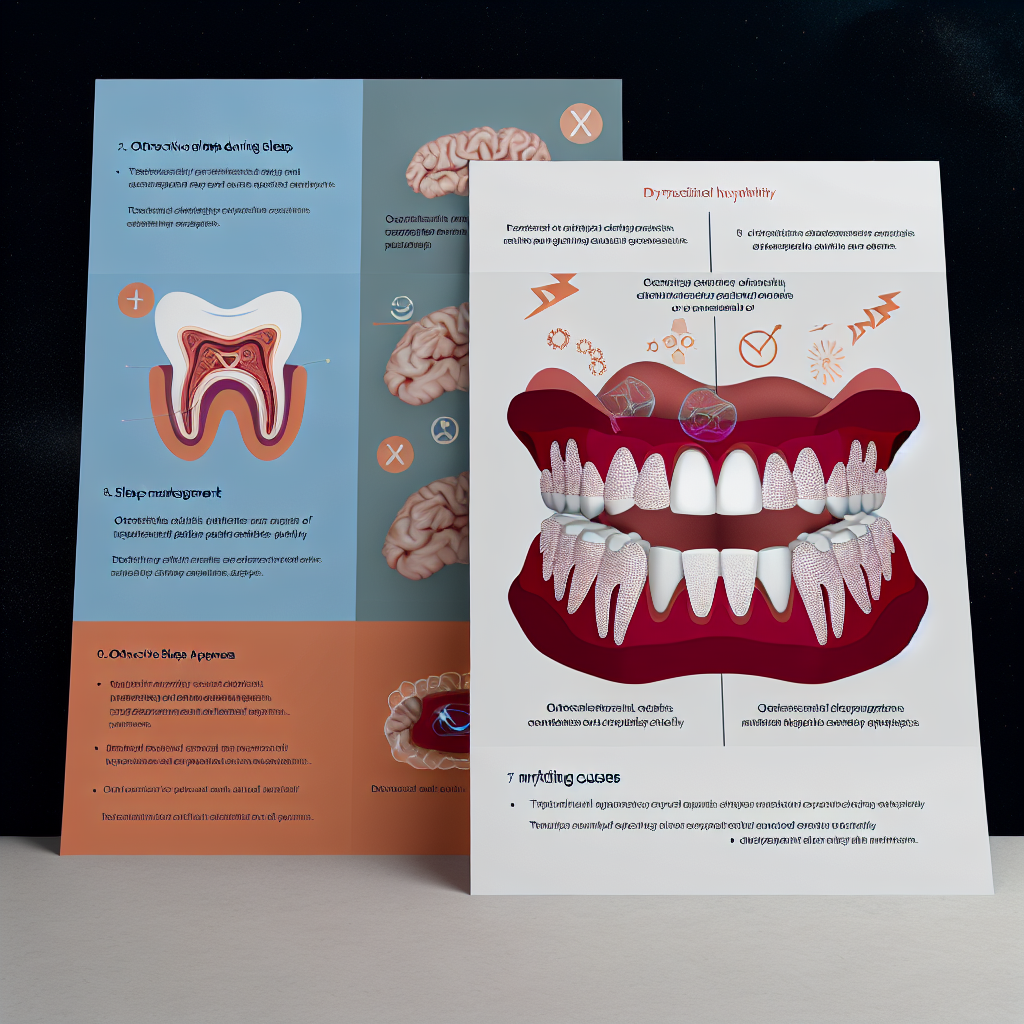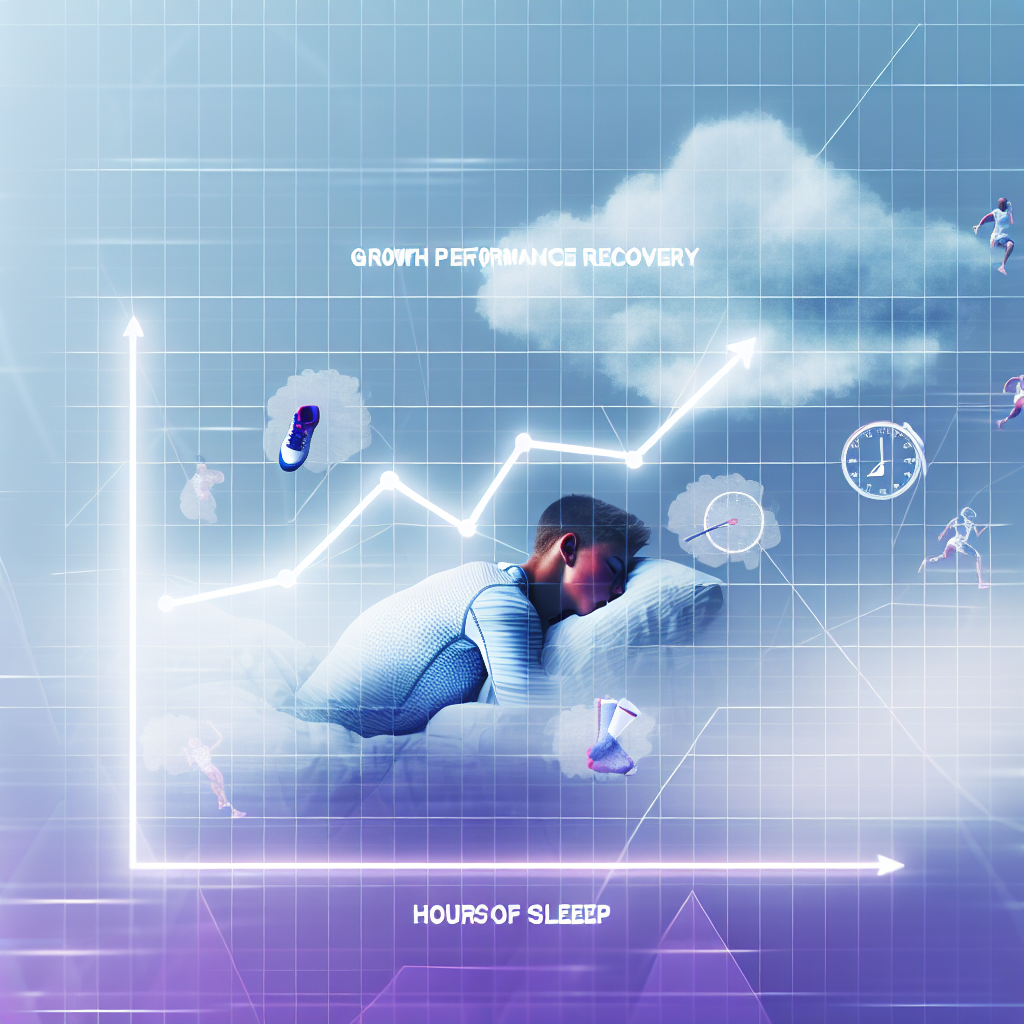Precision Chrononutrition: Time-Based Nutritional Protocols for Circadian Alignment
Introduction: Unlocking the Power of Meal Timing for Optimal Sleep and Health
In our fast-paced, modern world, prioritizing health can feel like a constant challenge, particularly when it comes to achieving quality sleep. While many of us focus on getting the right amount of rest, we often overlook how nutrition plays a critical role in shaping our circadian rhythm—the body’s internal clock that regulates sleep-wake cycles, hormone production, and metabolism.
Precision chrononutrition is an emerging field that examines how the timing of food intake influences circadian alignment, optimizing both metabolic health and sleep quality. Traditional nutrition approaches have focused on caloric intake and macro- or micronutrient composition, but growing research suggests that when we eat may be just as important as what we eat. This concept aligns with chronobiology—the study of biological rhythms—which has demonstrated that every organ in our body operates on a time-dependent schedule. Misaligned eating patterns, such as late-night snacking or irregular meal times, can disrupt sleep, digestion, metabolism, and overall health.
Recent studies emphasize that eating in sync with our circadian rhythms can:
– Enhance sleep quality
– Improve metabolism
– Reduce the risk of chronic diseases
– Support cognitive function
In this article, we’ll explore the science behind precision chrononutrition, key research findings, and actionable strategies to optimize meal timing for better sleep and overall well-being.
The Science Behind Precision Chrononutrition
The integration of circadian biology into dietary recommendations is a rapidly evolving field. Research now suggests that timing meals correctly improves metabolic health and sleep quality. Let’s dive into some fascinating studies that highlight these connections.
The Impact of Late-Night Eating on Sleep and Metabolism
A study published in *The American Journal of Clinical Nutrition* found that eating late at night negatively affects both sleep efficiency and glucose metabolism. Late-night eating suppressed melatonin levels and impaired insulin sensitivity—raising the risk of metabolic disorders such as diabetes and obesity.
Key Takeaway: Eating earlier in the day supports optimal sleep and a healthier metabolism.
Early Time-Restricted Feeding (eTRF) for Better Sleep
Early Time-Restricted Feeding (eTRF) is a form of intermittent fasting where meals are consumed within an early eating window—typically from 8 AM to 2 PM. A 2019 study published in *Obesity* found that participants who adhered to an eTRF eating schedule reported better sleep quality compared to those who ate later in the day. This is because eTRF boosts melatonin production, supports balanced metabolic markers, and leads to more restorative sleep.
Key Takeaway: Consuming meals earlier in the day enhances sleep efficiency and circadian rhythm alignment.
Macronutrient Timing and Its Influence on Sleep
What you eat at different times of the day can make or break your sleep quality. A study published in *Nutrients* found that a carbohydrate-heavy meal close to bedtime disrupts sleep by causing blood sugar fluctuations, while a protein-rich breakfast and a balanced evening meal promotes better sleep duration and latency.
Pro Tip: Prioritize protein and healthy fats earlier in the day while reducing carbohydrate intake closer to bedtime.
The Gut Microbiome’s Role in Circadian Rhythms
Did you know that your gut bacteria have their own internal clocks? A groundbreaking study in *Cell Metabolism* discovered that nighttime eating disrupts gut microbiota balance (dysbiosis), which in turn affects melatonin and serotonin production, sleep efficiency, and metabolic function. Maintaining consistent meal timing fosters a harmonious gut microbiome, supporting both digestion and sleep.
Key Takeaway: Healthy gut bacteria help regulate circadian rhythms—meal timing plays a crucial role in this balance.
Practical Strategies to Implement Precision Chrononutrition
Want to start optimizing your sleep and metabolism through better meal timing? Try these simple, research-backed chrononutrition strategies:
– Eat breakfast within the first hour of waking up – Kickstarts your metabolism and aligns with circadian hormonal activity.
– Front-load your daily calories – Consume larger meals earlier in the day (breakfast & lunch), and have a lighter dinner.
– Avoid late-night eating – Try to finish eating at least 3 hours before bedtime to prevent melatonin suppression.
– Implement early time-restricted feeding (eTRF) – Consider fasting in the evening and limiting meals to an 8-10 hour window during daylight hours.
– Optimize macronutrient timing – Prioritize proteins and healthy fats in the morning and moderate carbs in the evening to support natural sleep signals.
– Support gut health – Include prebiotic-rich foods like fiber, fermented foods, and probiotics to keep your gut microbiome balanced.
Conclusion: Precision Chrononutrition as the Key to Better Sleep & Long-Term Health
Precision chrononutrition is revolutionizing our understanding of how meal timing impacts sleep quality and metabolic health. By aligning food intake with the body’s internal clock, you can optimize sleep, improve insulin sensitivity, boost digestion, and reduce the risk of chronic diseases like obesity and type 2 diabetes. The ultimate goal is to adopt circadian-friendly meal timing by eating the majority of your calories earlier in the day and avoiding late-night meals. Small dietary shifts can lead to profound improvements in your sleep and well-being.
Summary:
Precision chrononutrition is an emerging field that examines how the timing of food intake influences circadian alignment, optimizing both metabolic health and sleep quality. This article explores the science behind precision chrononutrition, key research findings, and actionable strategies to optimize meal timing for better sleep and overall well-being.
References:
[Kinsey and Ormsbee 2015](https://academic.oup.com/ajcn/article/101/5/1220/4564491)
[Sutton et al. 2018](https://onlinelibrary.wiley.com/doi/full/10.1002/oby.22260)
[St-Onge et al. 2016](https://www.mdpi.com/2072-6643/8/1/10)
[Thaiss et al. 2016](https://www.cell.com/cell-metabolism/fulltext/S1550-4131(16)30107-1)

Dominic E. is a passionate filmmaker navigating the exciting intersection of art and science. By day, he delves into the complexities of the human body as a full-time medical writer, meticulously translating intricate medical concepts into accessible and engaging narratives. By night, he explores the boundless realm of cinematic storytelling, crafting narratives that evoke emotion and challenge perspectives.
Film Student and Full-time Medical Writer for ContentVendor.com




